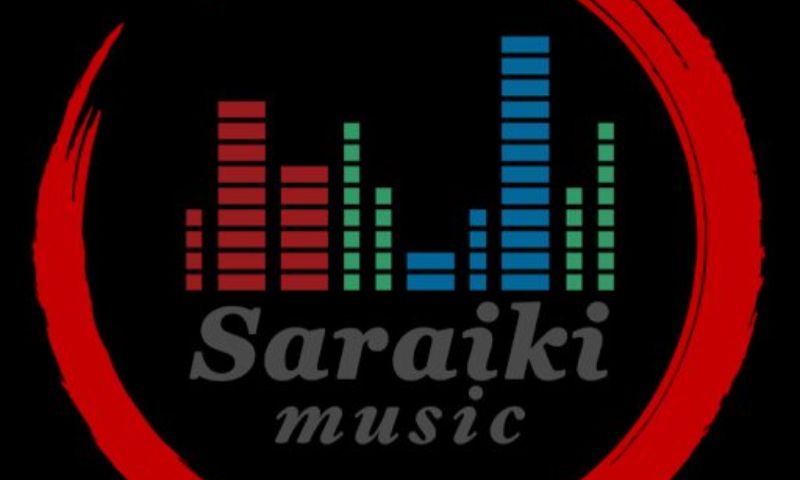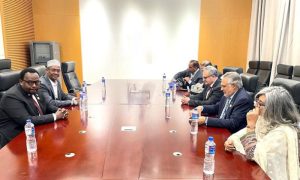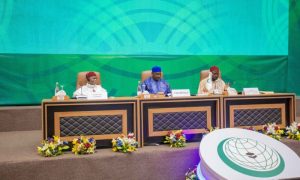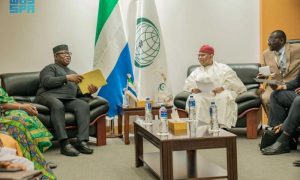MULTAN, Pakistan: Originating from the Saraiki-speaking regions of Punjab and known for its rich heritage, Saraiki music is an integral part of Pakistani culture.
Saraiki speaking areas of Punjab including Multan, Bahawalpur and Dera Ghazi Khan are rich in Saraiki music. The music embodies a mixture of traditional and contemporary elements and reflects the essence of the region’s cultural diversity and history.
The music includes a wide range of instruments: dhol, flute, algoza, dholuk, etc. doubled with rhythmic beats and melodious melodies. It includes various genres such as Kafi, dohray etc. Each genre carries its own distinctive rhythm, lyrical themes and instrumental accompaniments, reflecting different emotions and experiences of people.
The lyrics of Saraiki music often revolve around themes of love, nature, rural life and social issues, and resonate with the daily life and emotions of the people of the region. The poetic and soulful nature of the lyrics creates a strong connection with the audience, evoking a sense of nostalgia and cultural pride.
Saraiki music has significant cultural significance as it serves as a means of storytelling, preservation of folklore, traditions and historical narratives within the community. Its appeal extends beyond the Saraiki speaking population and attracts music enthusiasts from all over Pakistan and even internationally. The authenticity and raw emotion embedded in the music captivates the audience, overcomes language barriers and touches the soul of the listeners.
While Saraiki music is deeply rooted in tradition, it has also adapted to contemporary styles and integrated modern elements to appeal to younger generations. Artists continue to innovate, collaborating with different musical genres, connecting electronic beats or combining them with popular music, expanding its reach and maintaining its relevance in today’s dynamic music industry.
Despite its popularity, Saraiki music faces challenges in terms of commercialization, maintaining authenticity and recognition at the national level. The efforts of musicians, cultural organizations and enthusiasts to document, promote and protect this musical heritage is essential to ensure its continuation for future generations.
Living Legend Surriya Multanikr said that mysticism is an integral part of Saraiki music, which has a sense of tenderness, pathos, respect and sacredness. “Kafi” is a very popular form of saraiki music with spiritual elements and a large number of music lovers are very fond of this genre, he claims.
Apart from being proud of the performance, Surriya Multanikr, Pathanay Khan, Jamil Purwana, Naseer Mastana, Attaullah Esakhelvi, Mansoor Malangi, Rahat Multanikr, Allah Ditta Loneywala, Haseena Mumtaz, Badro Multani, Shafa Ullah Rokhri, Sobia Malik, Nadedardem Abbas Nawaz Cheena, Afshan Zebi , Arif Khan Babar, Zeeshan Rokhri, Anmol Sayal are some of the prominent Saraiki artistes while some Punjabi singers have also become famous for singing Saraiki songs including Malik Asharf Alias Malkoo who is number one.
Seasoned singers Abida Perveen, Humera Channa, Hadiqa Kiyani, Sanam Marvi, Barber Niazi also sang Saraiki songs which are very popular among the public.
Acclaimed artist Rahat Multanikr believes that music has its own specific recognition and raagas including tilung, jhok and behrvi etc.
It has elements of melancholy and gloom; she said, adding that wherever Saraiki is spoken or understood in the world, her music is popular because of its deep appeal. Saraiki folk music retains its own colors and its songs have been copied into various languages.
“Chan kithaan guzari hi raat vey, khari daendi haan saneyhra inhaan lokaan koon, Hik phul motiya da Mar k jaga sohnien, Kaadun valso sohnra sawanal, Meda ishaq ve toon, meda payar ve toon, Chitrey banur tey, loutva D humum Veh jo payar kito hi vich rohi hi, wah wo sajun teray waday, Bismillah karain and chita chola seway durzi” are some of Saraiki’s favorite numbers.
Folk singer Arif Khan Babar informed that he has performed in many countries where the Saraiki language is spoken or understood and received an overwhelming response from the audience due to his sweetness. He stated that though he also sings in Urdu and Punjabi, Saraiki has all the features.
All in all, the impact of Saraiki music on Pakistani culture and its place in the global musical landscape is very impressive and captivating. —APP
























